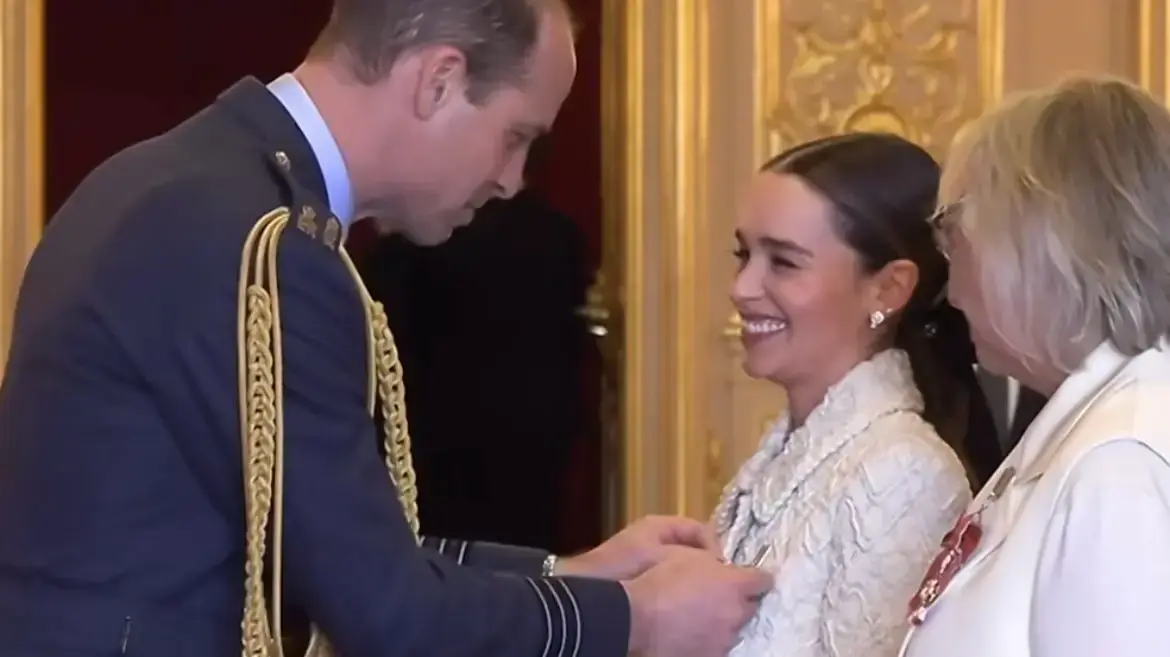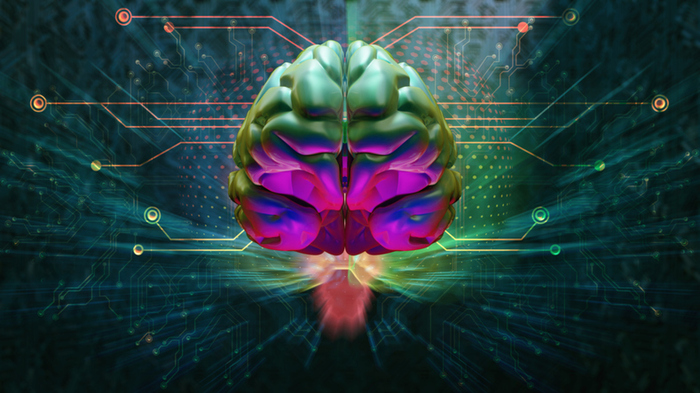Artificial intelligence, computing designed to perform operations that are considered typical of human intelligence, such as learning, is behind the main technological advances of recent decades in all fields, from robotics to the research of new drugs.
This year, the jury of the Princess of Asturias Awards recognized the vital importance of this area by awarding the scientific and technical research experts Geoffrey Hinton, Yann LeCun, Yoshua Bengio and Demis Hassabis with the award for Scientific and Technical Research.
Bengio (French, 58 years old), Lecun (also French, 61 years old) and Hinton (British, 75 years old) already had an endorsement for these awards: the Turing prizes, considered the
Nobel
prizes in computing.
José Luis Salmerón, professor of Information Systems and Management Computing at the Pablo de Olavide University (Seville), then highlighted that "this field, after a stage of stagnation, has resurfaced again".
The British Demis Hassabis (45 years old) has a more multifaceted profile: he is, in addition to being an artificial intelligence researcher, a neuroscientist, a computer game designer and a chess master.
The priority field of action of the first three are neural networks.
According to Salmerón, "they have had an important past and have a promising future."
They are present in many common devices, such as voice assistants or vehicle security mechanisms.
These are systems that try to imitate the human brain and have gone from working with simple structures (monolayer) to working with complex systems (
deep learning
) to identify voices or distinguish images among many other applications.
Its use has become widespread in the work of artificial intelligence to perform sophisticated classifications, predictions and machine learning models.
It is about imitating the most complex organ (the human brain), which is why it has been called a “bio-inspired” model or “artificial neurons”.
The resurgence of these systems has a lot to do with those today awarded the Princess of Asturias Award.
Geoffrey Hinton, professor at the University of Toronto (Canada) and winner of the BBVA Foundation Frontiers of Knowledge award in 2017, developed in 2004 the concepts on which he has been working for half a century and has oriented them towards mechanical learning and the recognition of elements as complex as speech or image.
Hinton created a research community that was joined by Yann LeCun, from New York University, and Yoshua Bengio, from Montreal (Canada).
Neural networks are based on increasingly complex mathematical systems that can learn from the analysis of amounts of information, according to Salmerón.
Some of the fields of application are medicine or self-driving cars.
This model tries to imitate the brain and analyzes more conditions than those perceived with the naked eye or those included in current security programs.
In this way, for example, the mechanical decision to brake is made not only in the presence of an object, but also in the light of speed, motor power, temperature and humidity data.
Hassabis is the co-founder of DeepMind, the artificial intelligence research center that Google bought in 2014. His field is also related to neural networks.
"The brain is the only real proof we have in the universe that intelligence is possible," he said in a communication from his company.
Hassabis, who is also a chess player, developed AlphaGo, a machine that in 2017 beat the world champion in go, a Chinese discipline similar to chess.
Since 2013, he has been collaborating with Google on developing
deep learning
applications as Vice President and Senior Scientific Advisor at the Vector Institute in Canada.
His AlphaZero software has been seen as instrumental in advancing the development of an artificial intelligence learning system by combining human neural functioning and connections between memory and imagination with machine learning mechanisms.
Geoffrey Hinton, Yann LeCun, and Yoshua Bengio have made advances in fields as diverse as object perception and machine translation using algorithms that convert the biological process of learning into mathematical sequences.
It is about the machine learning from its own experience.
In 1986, Hinton invented backpropagation algorithms, fundamental for training neural networks.
With them, in 2012 he managed to create a convolutional neural network called AlexNet, made up of 650,000 neurons and trained with 1.2 million images, which recorded only 26% errors in object recognition and halved the percentage from previous systems.
LeCun added optical character recognition technology.
The jury for the Princess of Asturias Award for Scientific and Technical Research, chaired by the physicist Pedro Manuel Echenique, is made up of 13 members from various disciplines who distinguish "scientific, technical, cultural, social and humanitarian work" carried out in the international arena.
Last year it fell on seven of the researchers who developed some of the vaccines against covid.
The awards are endowed with a sculpture by Joan Miró (symbol of the Princess of Asturias Awards), a diploma, a badge and 50,000 euros, which are distributed equally when the award, as is the case of science and technology this year, it's shared.
You can follow
EL PAÍS TECNOLOGÍA
on
and
or sign up here to receive our
weekly newsletter
.

/cloudfront-eu-central-1.images.arcpublishing.com/prisa/A7U56VYYQ2GMOS4ZA4UJVH5HOA.jpg)

/cloudfront-eu-central-1.images.arcpublishing.com/prisa/E3W4OJRUZRFGXDCQ4AZ2YB3ZNM.jpg)
/cloudfront-eu-central-1.images.arcpublishing.com/prisa/TY47FSPP2RB4BEVHHZRVRO4QLY.jpg)

/cloudfront-eu-central-1.images.arcpublishing.com/prisa/PCE7NMB26ZDVRIQX2R26JSNH6A.jpg)

